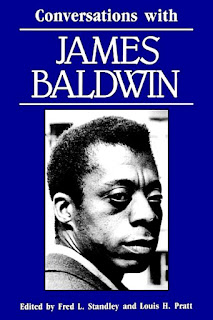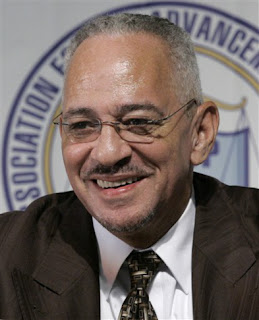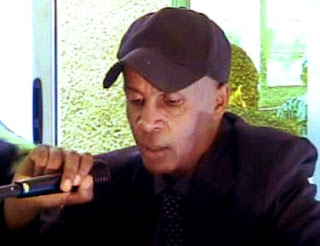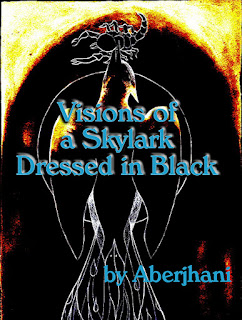How to Have a Conversation with Author James Baldwin in 2012 or Any Year - National African-American Art | Examiner.com

When a writer’s name and book titles end up repeatedly on lists of celebrated “best authors” or “best books” it is usually a strong indication they are not only worth reading but occasionally: re-reading. So it is with the Harlem, New York-born author James Baldwin (Aug 2, 1924 - Dec 1, 1987). Were he still alive on this 88th anniversary of his birth, Baldwin could smile with satisfaction at the knowledge that his masterful works continue to illuminate the shadowy depths of human existence and to help empower the lives of socially embattled individuals. In June, the Library of Congress included the author’s classic The Fire Next Time on its initial list of “Books That Shaped America.” Chroniclers of the great author’s powerful impact on contemporary culture and history, however, started making sure in the last century that readers in this century would retain access to his legacy. In 1999, the Modern Library placed his Notes of a Native Son among the top half of “the 100 be


